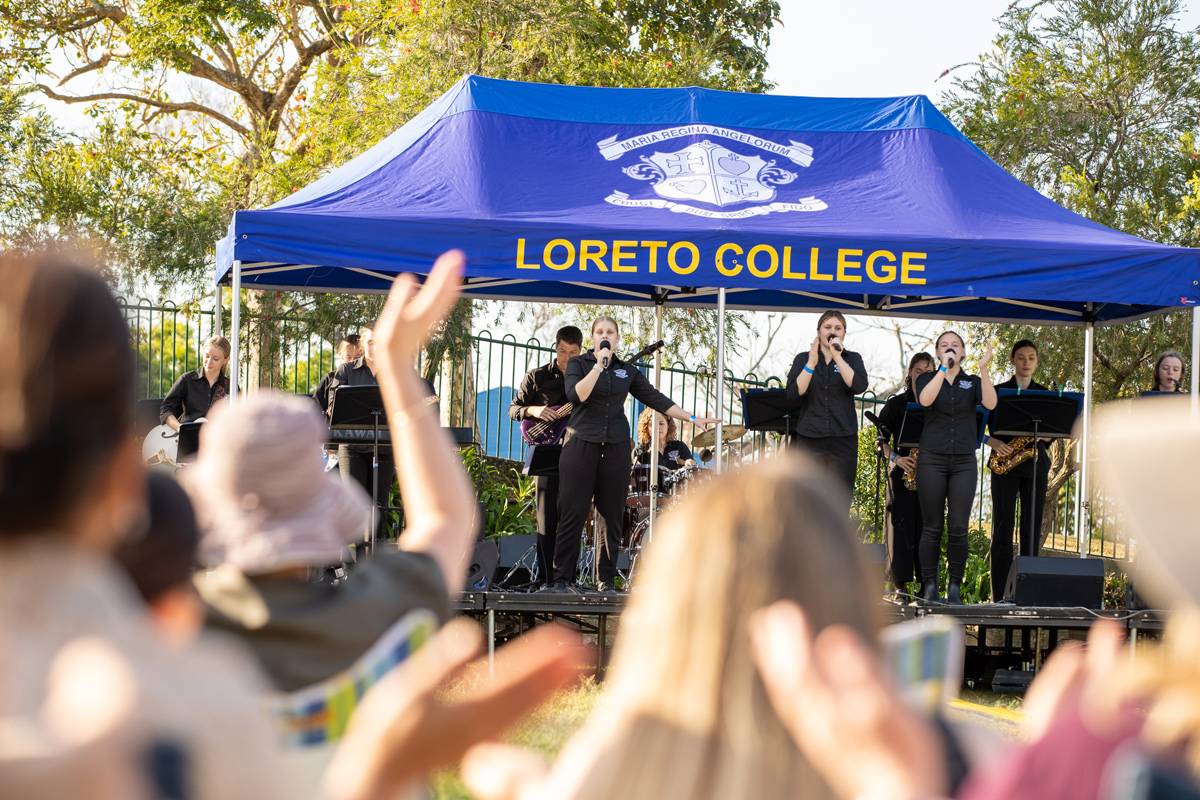As the Jacarandas bloom, we are reminded that spring has well and truly arrived. Spring is often referred to as the season of hope, so fitting in a year where we celebrate the virtue of felicity.
It is believed that Mary Ward used the term “felicity” only once, when in 1615, she referred to the “felicity of our estate” (Perrett). It is thought that with this phrase, Mary Ward was referring to our general countenance. She believed our state of being should be characterised by generosity, hope, and an open mind. There is no doubt that in our lives we will experience both high and low times. We will celebrate success, but also, we will experience failure. Some moments will be extraordinary yet for the most part, they will be ordinary.
Living with felicity is more than just being cheerful or humorous or only experiencing moments of happiness; I am reminded of the connection between God’s love and hope. In fact, Pope Francis stated:
God’s love can grace each of us with a lasting and sustaining hope, no matter how dark or confusing our situation (2018).
The concept of hope is often mentioned alongside optimism, yet the two concepts have some differences. Rabbi Jonathan Sachs distinguishes between the two, writing:
Optimism is the belief that things are going to get better. Hope is the belief that we can make things better. Optimism is a passive virtue, hope is an active one. It takes no courage to be an optimist, but it does need courage to hope (2000: 175).
As we commence our final term, I reflect on the experiences of our students at the end of Term 3. Our Year 9 students participated in an adventure camp where they displayed courage through their engagement in challenging activities. There is research to indicate that when we engage in challenging activities underpinned by a sense of hope, it can act as a protective factor against future adversity. Our attitude is all important because hopeful individuals see obstacles as challenges to be overcome (Luthans et al, 2010). Additionally, the adoption of a hopeful attitude is positively correlated with life satisfaction. It cushions us from the impact of negative or stressful life events (Valle et al, 2006).
Making music within a group can be regarded as an act of hope so I was also very grateful that our Music Department were able to host “Live and Wired” on the first day of the holidays. Performing music fulfills our human need for a sense of efficacy, autonomy and relating to others. The beautiful spring afternoon was a welcome backdrop to an afternoon of jazz from two visiting school ensembles as well as our own contemporary groups.
Another celebratory event was our Year 12 Mother-Daughter Breakfast. The opportunity for us to join as a community before the rigours of external examinations was a wonderful opportunity for connection. As our Year 12 students commenced Term 4, the teachers at Loreto did their very best to help our students prepare for their upcoming examinations with hopeful determination.





